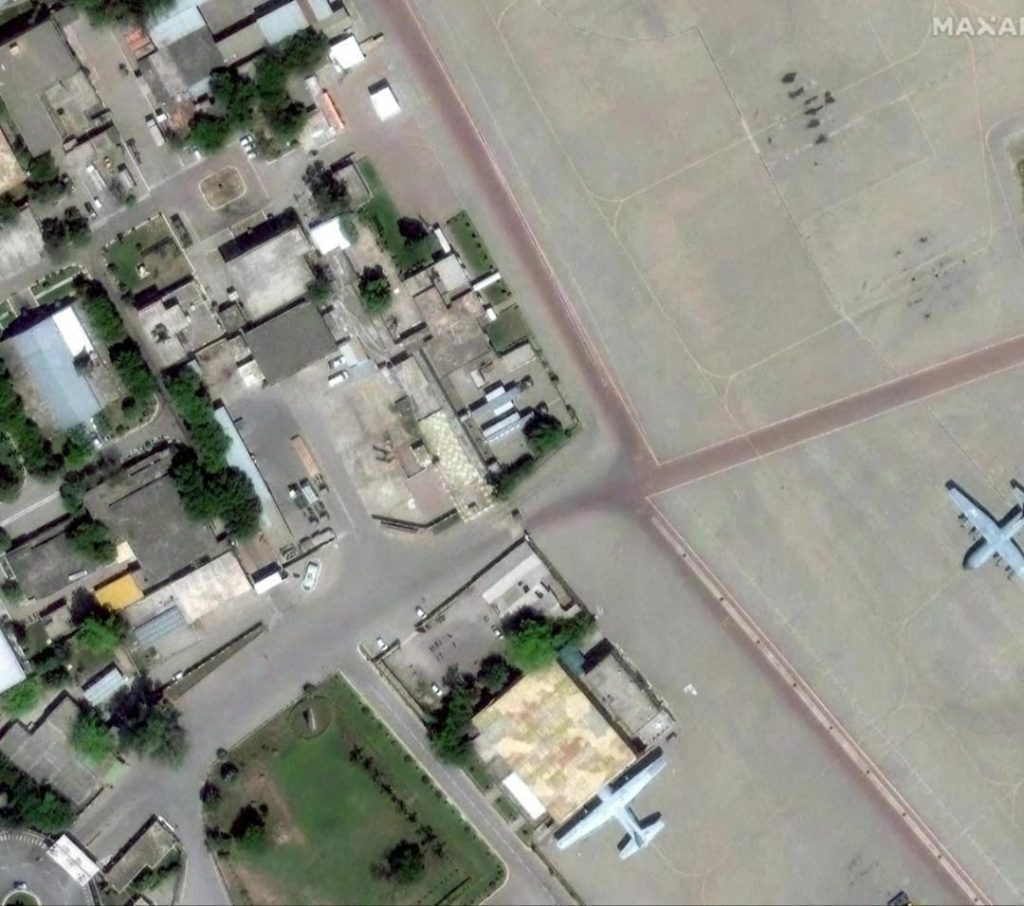
Air Defence Systems of China & Pak No Match for India’s BrahMos: Expert
The recent Operation Sindoore, where India used its BrahMos missiles to precision strike Pakistan’s air bases, has sent a clear message to the region: India’s air defence systems are unmatched. According to American urban warfare expert, Colonel (Retd) John Spencer, the defence systems of China and Pakistan are no match for India’s BrahMos missile.
In an interview, Colonel Spencer praised India’s military prowess, stating that the BrahMos missile is a game-changer in the region. “The BrahMos missile is a highly advanced and precision-guided weapon system that is capable of delivering a significant payload. It’s a very impressive system,” he said.
Colonel Spencer’s comments come as no surprise, given the impressive performance of the BrahMos missile during Operation Sindoore. On February 26, 2020, tensions between India and Pakistan escalated after a terrorist attack on a CRPF convoy in Jammu and Kashmir. In response, India launched a precision strike on Pakistan’s Jaipur and Sialkot air bases, using its BrahMos missiles.
The BrahMos missile is a supersonic cruise missile developed jointly by India and Russia. It has a range of over 300 kilometers and can travel at speeds of up to Mach 2.8, making it nearly impossible to intercept. The missile’s precision-guided system allows it to accurately target and destroy enemy air bases, radar systems, and other high-value targets.
Colonel Spencer, who has extensive experience in urban warfare, believes that the BrahMos missile gives India a significant advantage over its rivals. “The BrahMos missile is a highly advanced and precision-guided weapon system that is capable of delivering a significant payload. It’s a very impressive system,” he said.
The Chinese air defence systems, in particular, were singled out by Colonel Spencer as being sub-par compared to India’s. “Chinese air defence systems and missiles are sub-par vis-à-vis India’s systems…India’s message was clear. It can hit anywhere in Pakistan anytime,” he said.
Pakistan, too, has been struggling to keep pace with India’s military advancements. Its air defence systems, developed with the help of China, have been criticized for being outdated and ineffective. The BrahMos missile, with its advanced guidance system and high-velocity flight, is nearly impossible to intercept, making Pakistan’s air defence systems virtually useless.
The BrahMos missile has also given India an edge in terms of strategic planning. With the ability to precision strike enemy air bases and radar systems, India can now target Pakistan’s air force without fear of retaliation. This has significantly enhanced India’s military capabilities and given it a significant advantage over Pakistan.
Colonel Spencer’s comments have raised eyebrows in the region, with many experts and analysts hailing India’s military prowess. The BrahMos missile has proven to be a game-changer in the region, and its use during Operation Sindoore has sent a clear message to Pakistan and China: India is a force to be reckoned with.
In conclusion, the BrahMos missile has given India a significant advantage over its rivals, and its use during Operation Sindoore has sent a clear message to the region. With its advanced guidance system and high-velocity flight, the BrahMos missile is nearly impossible to intercept, making it a highly effective weapon system. As Colonel Spencer so aptly put it, “India’s message was clear. It can hit anywhere in Pakistan anytime.”



